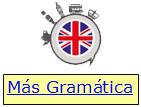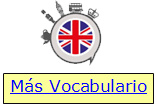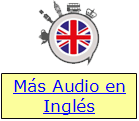Come = venir / go = ir. Come is also
llegar (arrive) What time are they coming? – ¿A qué hora llegan?
‘Come ‘ is used with ‘here’. – “I’m waiting in my house for Paul. I
wonder what time he’s going to come (here)?”
“How did you come to be an accountant?” – ¿Cómo llegaste a ser un
contable? Reza, how did you come to be a teacher?
“Go” can mean ‘become’ when It’s used with an adjective – “I think I’m
going crazy.” – “Creo que me estoy volviendo loco.”
Could is related to Can. Could is the past of can and the conditional.
You also used the following examples:
I could see him = Yo podía verlo (for the past)
I could see him = Yo podría verlo (for the conditional)
Podía is not exactly the past of the verb ‘Poder’ in Spanish, it is the
‘Pretérito imperfecto‘. The past of the verb ‘Poder’ in Spanish is
‘Pude’.
Yo pude (Pretérito)
Yo podía (Pretérito imperfecto)
“When I was a child I could run really fast, but I can’t now.” (general
ability)
When you’re talking about a specific situation, ‘could’ is not possible:
“I fell from a great height and broke my leg, but I was able to get up.”
No se dice X“I could get up.“X
Use ‘could’ for general ability and not for specific situations.
In the negative, you can use ‘could’ in both circumstances: “I broke my
leg and I couldn’t get up.” / “When I was a child I couldn’t play the
piano.” (Use the negative ‘couldn’t’ (could not) for general ability and
for specific situations.
 *Dispones
de más
PODCAST en inglés publicados en los cuadernos anteriores *Dispones
de más
PODCAST en inglés publicados en los cuadernos anteriores
a los que puedes acceder directamente así como al índice de su
contenido. |
|
|
